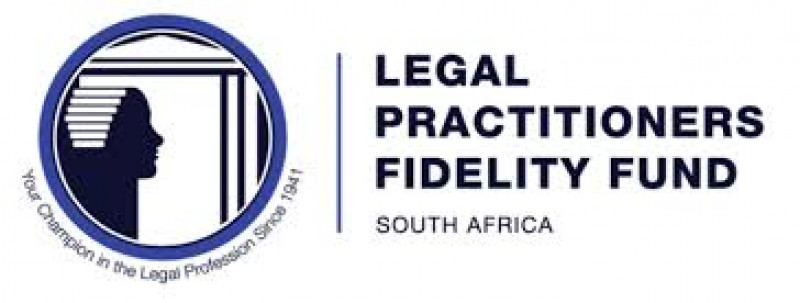CATEGORIES
- (3) Negotiating Tax Debt and Payment Arrangements with SARS
- (2)Account / Profile
- (544)Accounting
- (2)Accounting and Finance
- (27)Audit
- (156)Auditing and Assurance
- (1)Business
- (1)Business Management
- (3)Business Rescue
- (101)CIPC
- (7)Compliance
- (18)Ethics and Professionalism
- (46)Financial Reporting
- (1)Government Funding Applications
- (4)Guides
- (1)Individuals Tax
- (25)Law
- (37)Legal and Compliance
- (2)Management
- (5)Miscellaneous
- (27)Money Laundering
- (1)Personal & Professional Development
- (2)Practice Management
- (2)Professional Ethics
- (3)Public Sector
- (145)Regulatory Compliance and Legislation
- (41)SARS Issues
- (27)Sustainability Reporting
- (36)Tax
- (1)Tax Update
- (7)Technology
- (1)Wills, Estates & Trusts
- Show All
Manual Trust Interest due to the LPFF paid to the incorrect bank accounts
- 13 September 2024
- Regulatory Compliance and Legislation
- South African Accounting Academy

Summary:
The Legal Practitioners Fidelity Fund (LPFF) has issued a notice to urge Legal Practitioners (who are not using the Automated Monthly Transfer System (AMTS) offered by some of the Banks) to pay the trust interest due on section 86(2) and (3) trust accounts to the correct LPFF bank accounts.
Article:
Some legal practitioners are still manually paying trust interest accrued on section 86(2) and (3) trust accounts to the incorrect bank accounts and the Legal Practitioners’ Fidelity Fund – this is usually an annual notification that is sent to legal practitioners.
The LPFF urges legal practitioners to use the correct banking details when paying trust interest accrued on section 86(2) and (3) trust accounts to the Fund.
Legal Practitioners, who are not using the Automated Monthly Transfer System (AMTS) offered by some of the Banks, are advised to pay trust interest due to the LPFF in terms of Rules 54.14.16.1 and 54.14.16.3 using the banking accounts set out in the notice.
It must be noted that trust interest vests in the LPFF and only the LPFF will advise legal practitioners of a change in the banking account details for payment of section 86(2) and (3) trust interest due to the Fund in terms of the LPA and the Rules.
Legal Practitioners are reminded of the numerous scams around when it comes to the changing of banking account details and are encouraged to always verify any notification of change of banking account details with the recipient.
Click here to download the Notice:
Relevance to Auditors, Independent Reviewers & Accountants:
- The Legal Practitioners Act is yet another piece of legislation that your clients must comply with, and which you must assess compliance with. If they don’t comply with the relevant laws and regulations, you have certain reporting obligations in terms of NOCLAR (NOn-Compliance with Laws And Regulations) – this could include reporting to management, qualifying your audit opinion, reporting a Reportable Irregularity, etc.
- As an auditor and independent reviewer, you need to consider and assess compliance with the LPA and Guidance documents issued by the LPFF.
- As an accountant, you may need to advise your clients who are legal practitioners on compliance with the LPA and adherence to the latest guidelines issued by the LPFF.
Relevance to Your Clients:
- A legal practitioner has a duty to comply with the Legal Practitioners Act.
- Your clients who are legal practitioners, must not only comply with the LPA, but they also have to adhere to the latest guidance documents issued by the LPFF.






